According to the World Health Organisation, there are about 1.3 billion people worldwide (16% of the world’s population) with significant disabilities.
Many of them face inequities in accessing healthcare due to structural factors, social determinants of health, risk factors and health system factors.
These barriers are even more apparent when it comes to the access to and uptake of sexual and reproductive health services and respect of reproductive rights (SRHR) among young people with disabilities.
As project coordinator for health system strengthening at Humanity & Inclusion in Nepal, I attended and presented at the International Conference on Family Planning in November 2022 on behalf of Inclusive Futures. My message there was clear:
The access to and uptake of sexual and reproductive health and rights for people with disabilities is one of the important milestones to reach the global commitment to universal health coverage and the Sustainable Development Goals.
My role at the conference was two-fold. First, to present my key messages and learning about inclusion and SRHR from an Inclusive Futues project, which tested ways of improving access to and uptake of sexual and reproductive health services and information for young people with disabilities in Nepal.
This project was implemented in partnership with consortium members: Sightsavers, Humanity & Inclusion, Light for the World, Sense International, and two Nepalese organisations of people with disabilities (OPDs): National Federation of the Disabled Nepal and DEC-Nepal. At the conference, I explained how we applied a holistic approach with a multi-stakeholder perspective and how the project gave due attention to facilitating and addressing bottlenecks related to structural, and social determinants of SRHR, risk, and health system factors. I also explained how we engaged stakeholders from across the inclusion, accessibility, and demand and supply side of SRHR services.
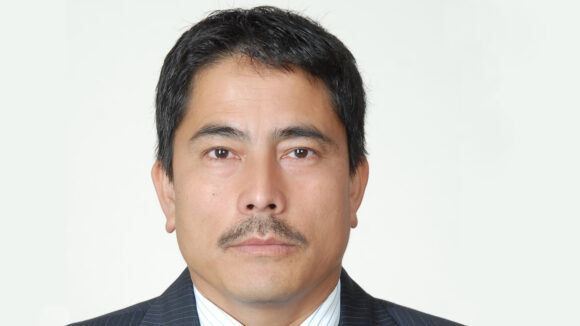
Author
Mahendra Bikram Shah is project coordinator of health system strengthening for Humanity & Inclusion in Nepal.
Humanity & Inclusion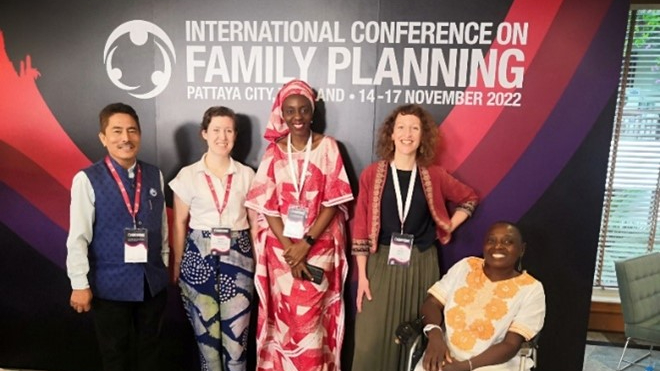
The second part of my role at the conference was, to discuss, share and question other attendees about disability inclusion commitments in their own SRHR projects.
I repeated my key messages in different ways to different attendees, always highlighting the importance of inclusion at every step. These key messages are based on project experience and feedback from persons with disabilities as service users, and from the OPDs who we co-delivered with.
My key messages
- Programmes should raise awareness of the sexual and reproductive health and rights of all people with disabilities, emphasising their sexual autonomy and decision-making capacity and the multiple and intersectional discrimination they face in claiming their rights.
- Donors, civil society, and other development actors should support national governments to collect disability disaggregated data around the provision of sexual and reproductive health (SRH) information and services to inform improvements in policy and services.
- The collection, analysis, and use of data disaggregated by disability, gender, age, location, and other factors are crucial to monitor access to services and information, and health outcomes among people with disabilities – and inform strategic investments towards inclusive and comprehensive SRHR.
- Donors should set targets that focus on access rather than the use of services. If we focus only on use, it may lead to women and girls with disabilities being pressured into ‘accepting’ contraceptives in order for targets to be met. People with disabilities, and especially women and girls with disabilities, are exposed to increased risks of violence, exploitation, and abuse – including coerced contraception, sterilisation, and abortion. It is therefore crucial that family planning and broader SRHR programs are built on principles of free and informed choice and bodily autonomy rather than simply achieving targets around uptake.
- Programmes should focus on ensuring health workers are given adequate training through the well-designed curricula of health training institutions and continuous professional development, to improve disability awareness and ensure that SRH information, goods and services are provided to people with disabilities without discrimination or stigma.
- Global health actors should focus on meaningfully engaging people with disabilities and their representative organisations while designing, implementing, and monitoring SRHR projects.
- SRHR services, facilities, and information need to be inclusive and fully accessible to people with disabilities in all their diversity.
- Social and behaviour change campaigns must be designed to be inclusive and accessible, and tackle disability stigma and discrimination at all levels of society.
- If people, and particularly women with disabilities, are not meaningfully included in mainstream family planning and SRHR programs, the Universal health coverage and Sustainable development goal targets will remain unmet.
- Inclusive programming on family planning and SRH needs to use an intersectional lens, for example, with a focus on disability, age, gender, impairment, and context among other factors.
To find out more about our work on sexual and reproductive health and rights, take a look at our sexual and reproductive health page.
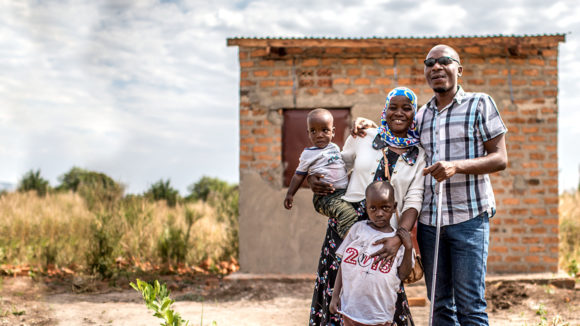
Our work on sexual and reproductive health
Sexual and reproductive health and rights (SRHR) are human rights. They are not only an integral part of the right to health, but are also necessary to enjoy many other human rights.
See what we’re doingMore news and opinions
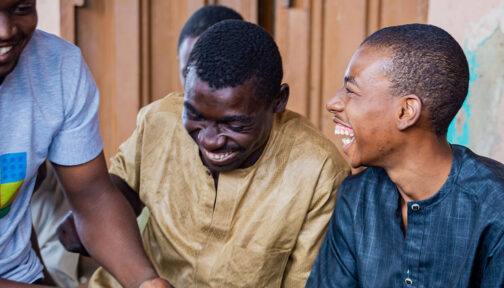
Global Disability Summit 2025: Closing the gap between disability inclusion and development
Inclusive Futures is attending the summit in Berlin on 2-3 April. Visit our booth or attend our panel event to connect with us and learn more about our programme insights.
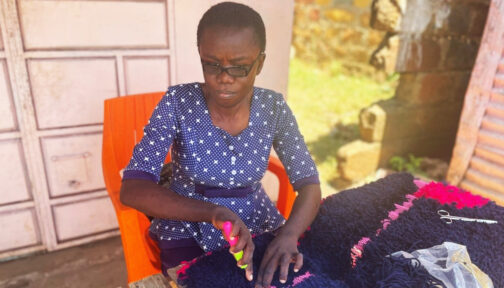
Sense International wins prestigious Zero Project award for its work with entrepreneurs with disabilities
Sense International has won a 2025 Zero Project Award for empowering individuals with deafblindness and complex disabilities in Kenya to build successful businesses and achieve financial independence.
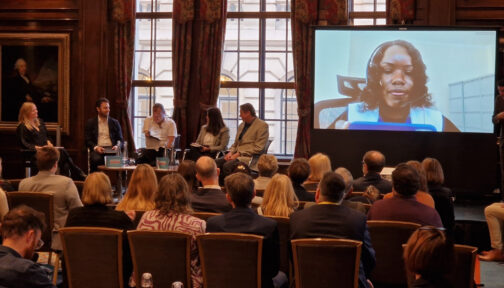
Driving change: launching the six principles for inclusive development
Inclusive Futures and the UK Foreign, Commonwealth & Development Office marked International Day of People with Disabilities by jointly hosting an event to launch the six principles for inclusive development.
Sign up to Inclusive Futures emails today
Sign up to Inclusive Futures emails today
Want to hear more from Inclusive Futures? Sign up to receive the latest research from our programmes and resources to help make your work inclusive of people with disabilities.
For more information see our privacy policy